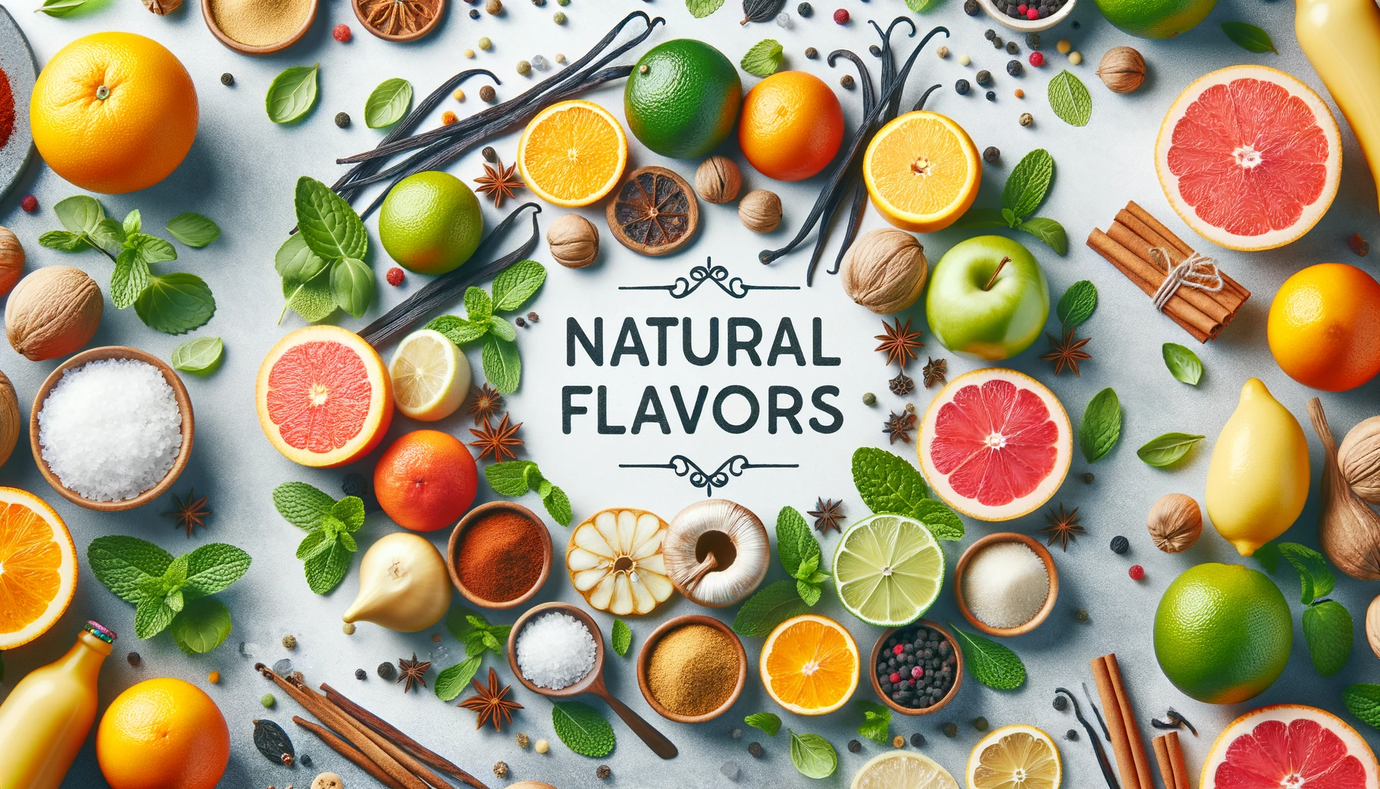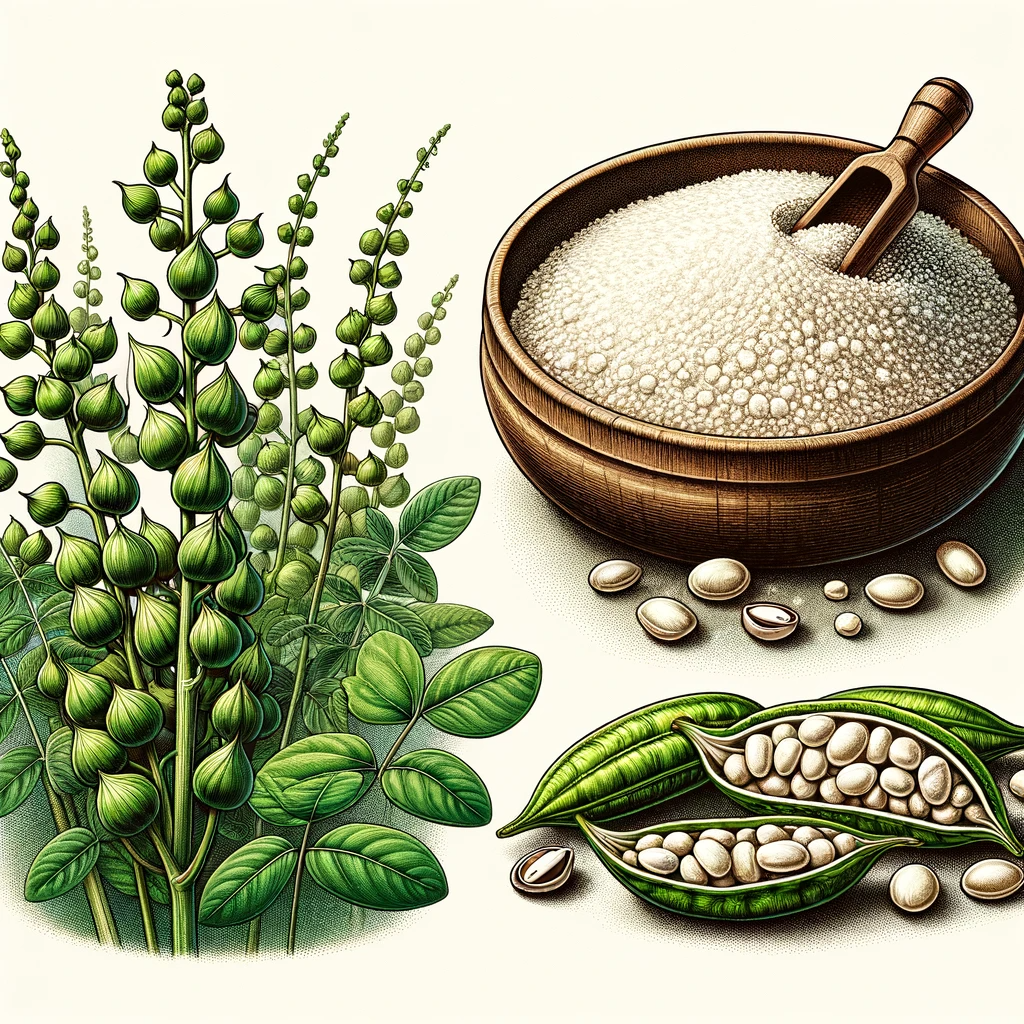Silicon Dioxide (Silica): A Versatile Mineral in Your Food Products
Silicon dioxide, commonly known as silica, might not be the first thing that comes to mind when you think about minerals and their role in our daily lives. However, this remarkable compound plays a vital role in various aspects of the food industry, ensuring product quality, safety, and shelf life. In this blog, we will explore what silicon dioxide (silica) is and how it is used in a variety of food products to benefit consumers.
What Is Silicon Dioxide (Silica)? Silicon dioxide, often referred to simply as silica, is a naturally occurring compound composed of silicon and oxygen (SiO2). It is one of the most abundant minerals on Earth and is utilized in various forms to enhance the quality and safety of food products.
Applications of Silicon Dioxide in Food Products: Silicon dioxide has a multitude of applications in the food industry, contributing to the quality, safety, and convenience of various products:
-
Anti-Caking Agent: Silica is commonly used as an anti-caking agent in powdered food products. It prevents clumping and ensures that substances like spices, salt, and powdered drinks flow freely.
-
Food Additives: Certain forms of silica are approved food additives, serving as carriers for flavors, colors, and active ingredients. They enhance the dispersion and stability of these components in food and beverages.
-
Clarifying Agent: In beer and wine production, silica gel is used as a clarifying agent to remove haze-producing substances and impurities, resulting in clear, visually appealing beverages.
-
Bakery and Confectionery: Silica is employed in baking to improve the flow properties of flour and other dry ingredients. It ensures uniform mixing and helps create consistent textures in baked goods.
-
Edible Coatings: Silica nanoparticles are used in edible coatings applied to fresh fruits and vegetables. These coatings extend shelf life, maintain product freshness, and reduce spoilage.
-
Dietary Supplements: Silica is used as a dietary supplement in some formulations. It may be included to support hair, skin, and nail health.
Benefits of Silica in Food Products:
-
Improved Quality: Silica's role as an anti-caking agent and stabilizer helps maintain the quality and appearance of powdered foods and beverages over time.
-
Enhanced Texture: In baked goods, silica improves the texture and crumb structure, resulting in softer, more appealing products.
-
Food Safety: Silica-based products, like oxygen absorbers, help preserve the freshness of packaged foods by reducing the presence of oxygen, which can lead to spoilage and foodborne pathogens.
Health Benefits of Silica
-
Skin, Hair, and Nail Health: Silica is believed to promote the health of skin, hair, and nails. It is a key component of collagen, a protein that supports the structural integrity of these tissues. Some individuals take silica supplements or consume silica-rich foods to help maintain healthy skin, reduce wrinkles, and strengthen hair and nails.
-
Bone Health: Silica plays a role in the formation of collagen, which is not only important for skin and connective tissues but also for bone health. Some studies suggest that silica supplementation may contribute to maintaining bone density and supporting overall bone health, especially in postmenopausal women.
-
Joint Health: Silica's role in collagen formation can also benefit joint health. Collagen is a critical component of cartilage, which cushions and supports joints. Silica supplements may help in supporting joint flexibility and reducing discomfort.
-
Detoxification: Silica is known for its potential detoxifying properties. It can help bind to and remove heavy metals from the body, aiding in the detoxification process. This can be particularly beneficial for individuals who may be exposed to environmental toxins.
-
Gastrointestinal Health: Some people take silica supplements to support gastrointestinal health. Silica can have a soothing effect on the digestive tract and may help with issues like heartburn and indigestion.
-
Hair and Nail Strength: Silica supplements are often promoted for their potential to strengthen hair and nails. By supporting collagen production, silica may enhance the quality and appearance of these structures.
Conclusion: Silicon dioxide, or silica, is a versatile mineral that plays a crucial role in the food industry, ensuring product quality, safety, and shelf stability. Whether preventing clumping in powdered foods, improving texture in baked goods, or enhancing the shelf life of fresh produce, silica contributes to the convenience and enjoyment of various food products. As you explore the labels of your favorite food items, you may find that silica is more ubiquitous and valuable than you previously imagined, silently working to enhance your culinary experience.
Silica is used in some of our products as a stabilizing agent to prevent separation, prevent clumping, and reduce the amount of foam production when shaken. It is included in very small quantities to achieve these results and thus does not greatly contribute towards a supplementation amount. Although, as you can see that it can be used in higher amounts and contribute to a healthy well being. As with any food, ingredient, or supplement there is always a possibility for negative reactions and it is important for you to listen to what your body is telling you, but the vast majority of people do not have any issues with silica.
Explore More:






